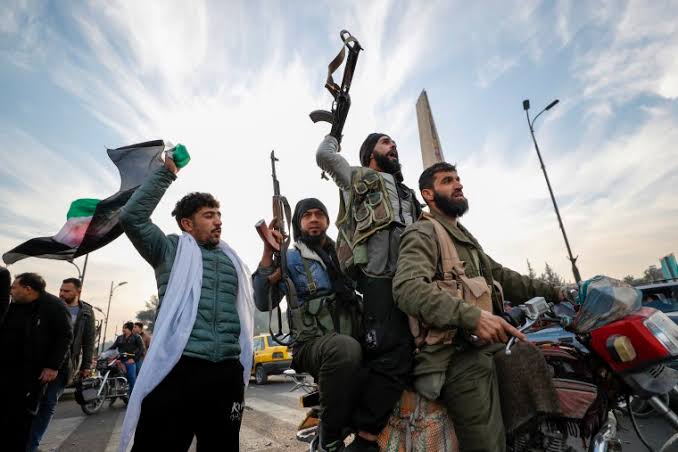
A seismic shift unfolded in Syria as President Bashar al-Assad fled to Russia, marking the end of his family’s 54-year rule. Rebels, led by Hayat al-Tahrir al-Sham (HTS), a group with al-Qaeda origins, seized control of Damascus, ushering in a new yet uncertain era for the war-torn country after 13 years of devastating civil war.
“This is the dawn of a new history for the region,” declared Ahmed al-Sharaa, known as Abu Mohammed al-Golani, HTS leader, to a massive crowd at the Umayyad Mosque. He urged Syrians to rebuild the nation as “a beacon for the Islamic world.”
Moscow confirmed granting asylum to Assad and his family, signaling a retreat from the geopolitical entanglements that have shaped Syria’s recent history. The Assad regime’s collapse disrupts Iran and Russia’s influence in the region, potentially reshaping the Middle East’s geopolitical landscape.
U.S. President Joe Biden expressed cautious optimism, emphasizing Syria’s newfound sovereignty. “For the first time in years, the influence of Russia, Iran, and Hezbollah has been significantly diminished,” Biden said, adding that Syria remains in a period of risk and uncertainty.
The task of rebuilding Syria looms large. The war left hundreds of thousands dead, entire cities reduced to rubble, and an economy crippled by global sanctions. Millions of refugees scattered across Turkey, Lebanon, and Jordan may now contemplate returning to their homeland.
A transitional governing body is expected to assume power soon, with Prime Minister Mohammed Jalali stating his readiness to facilitate the transfer of power. “Our immediate focus is ensuring basic services for Syrians,” Jalali said, though the fate of the Syrian army remains unclear.
Amid the political upheaval, prisons notorious for human rights abuses were emptied, leading to emotional reunions as long-detained political prisoners were freed. The White Helmets, a humanitarian rescue group, dispatched teams to locate hidden detention centers, a grim reminder of the Assad regime’s oppressive legacy.
While celebrations erupted among the Syrian diaspora in cities like Sydney, concerns over regional instability persist. The U.S. Central Command launched airstrikes on Islamic State camps in central Syria, emphasizing the importance of maintaining security.
The swift fall of Assad also disrupted Iran’s supply chains to its proxies and left Russia’s Mediterranean naval base vulnerable, signaling a recalibration of global power dynamics in the Middle East.







